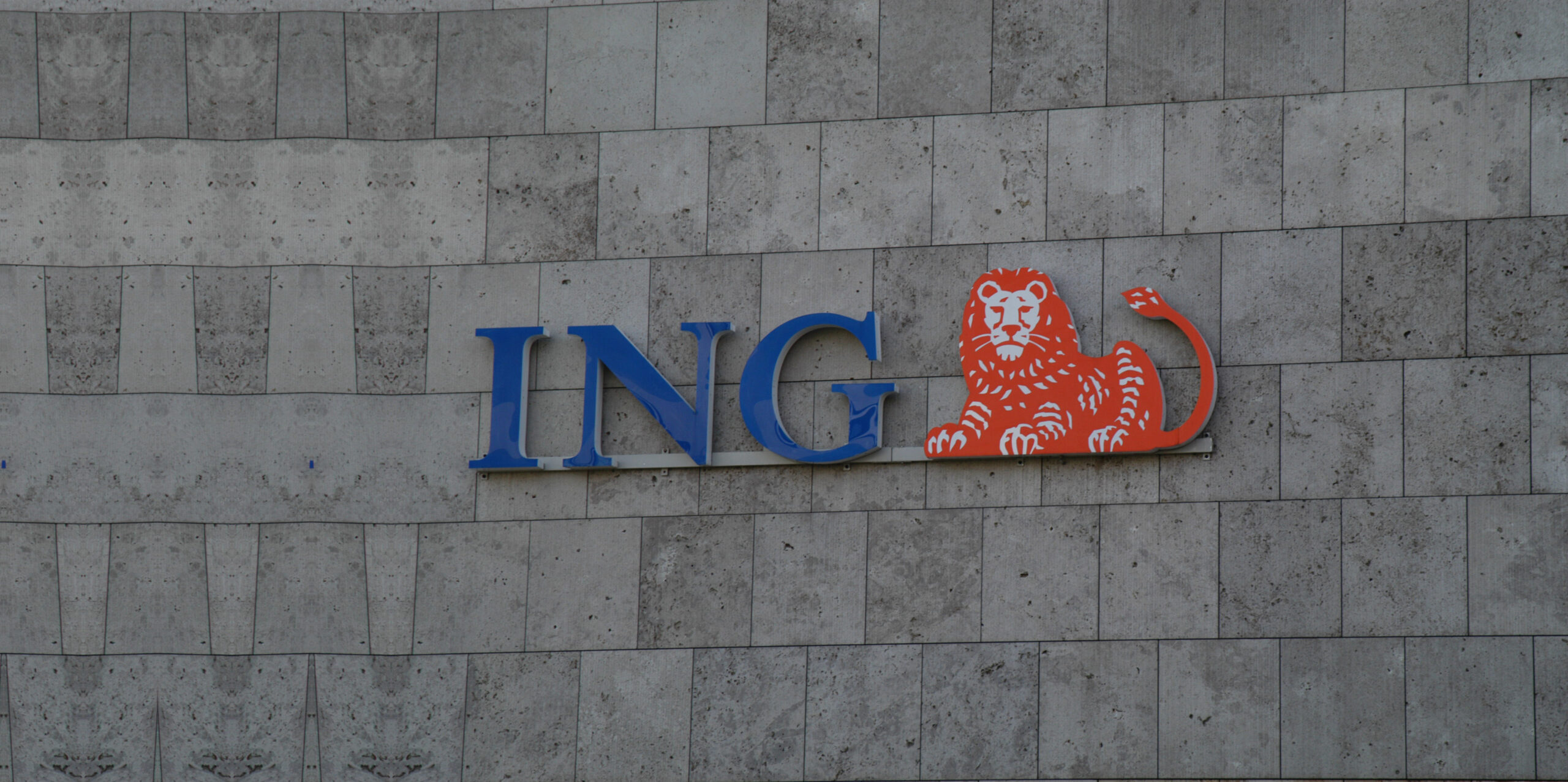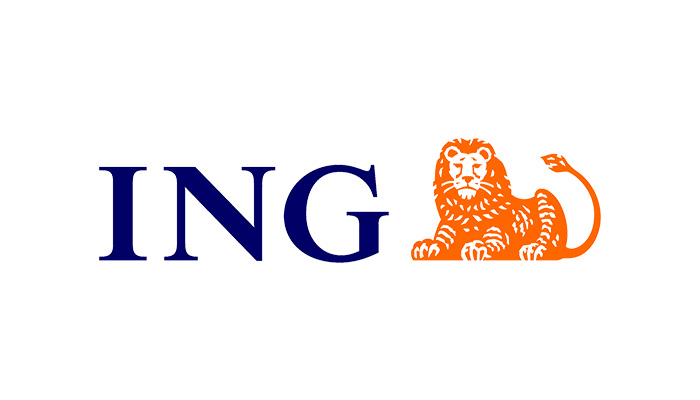
The Future Pensions Act (WTP) was introduced on 1 July 2023. This means that we will continue with the process of adapting ING's pension scheme to the requirements of the new legislation. De Unie closely involves the members in this decision-making. Just like with the collective labor agreement negotiations De Unie present the new pension scheme to the members. The members ultimately decide whether the pension scheme will be adopted or whether the parties will have to repeat their work.
Not everyone is well versed in pensions. To give everyone the opportunity to cast a well-considered vote, I would therefore like to periodically provide some background information. On July 1, 2023 you received the first informative member message about pensions. This second informative member message is about sailing in.
What is entering?
Entering is a new concept. This means that the assets that the pension fund manages for its customers will be converted to the new scheme. Pension schemes have been changed before, but then the change only applied to future pension accrual. So sailing in is something completely new and that is why I will dwell on it a little longer.
The current ING Pension Funds implement a so-called benefit agreement out. This means that it is determined exactly how much pension you are entitled to. In order to be able to pay that pension, including the desired indexation, now and in the future, the fund invests the collectively paid premiums. As long as the fund assets allow it, you know exactly where you stand.
In the WTP, benefit agreements will disappear and only premium schemes are permitted. As a participant, you do not accrue any rights, but the premium is put into your individual pension pot and invested for you. The pension you ultimately receive is therefore not fixed.
When a pension fund collapses, this means that the current collective fund assets including the buffer are split among the participants and a (limited) collective buffer. Instead of a fixed pension entitlement, which you now see on your UPO, there will be individual pension assets, from which the pension is paid in the payment phase. The buffer and the return allocation rules ensure that you enjoy a lifelong pension even after joining, the pot is not empty if you survive longer than expected. However, the amount may be less stable, because the benefit is not fixed as a fixed entitlement, but can fluctuate with the investment result.
Is entry mandatory?
Formally, entry is not mandatory, but it is the standard. In theory, collective labor agreement parties can also decide to leave the accrued pensions and associated assets in the old scheme. However, this is not a free choice. The WTP prescribes that the pension fund will collapse. And only if there are special circumstances that place groups of participants at a disproportionate disadvantage may collective labor agreement parties refrain from joining.
This does not apply to closed pension funds. So Pension Fund ING (PFI), which has been closed since 2014, does not have to withdraw, but may do so if collective labor agreement parties submit a request for withdrawal.
Benefits of sailing in
In the current pension scheme, pension funds are legally obliged to maintain large buffers. This no longer applies in the new pension legislation. The money that is no longer needed for the buffer can therefore be distributed.
Disadvantages of entering
Of course, pension funds do not keep a large buffer without reason. This is necessary to guarantee a stable benefit, to be able to absorb bad investment years and to remain a financially healthy fund in the long term.
How do collective labor agreement parties work?
We need to develop a policy regarding entry. This starts with thinking about the goals of entering. We are now working on giving substance to important concepts such as proportionality, effectiveness, explainability and future-proofing. If the collective labor agreement parties agree on this, we can move forward. The aim is to arrive at a balanced decision that does justice to the interests of the different target groups and age cohorts.
Legal framework
Collective labor agreement parties do not have to reinvent the wheel themselves. The WTP provides many regulations, the regulator (DNB) has provided a manual and we can learn from the pension funds that are already further along in the process.
More information
The members receive from De Unie regular information about the progress of the pension consultation. De Unie is also working with ING on a communication plan.
Contact
Do you have any questions regarding this message? Please contact the representative Inge de Vries. This can be done by sending an email to: inge.de.vries@unie.nl.


